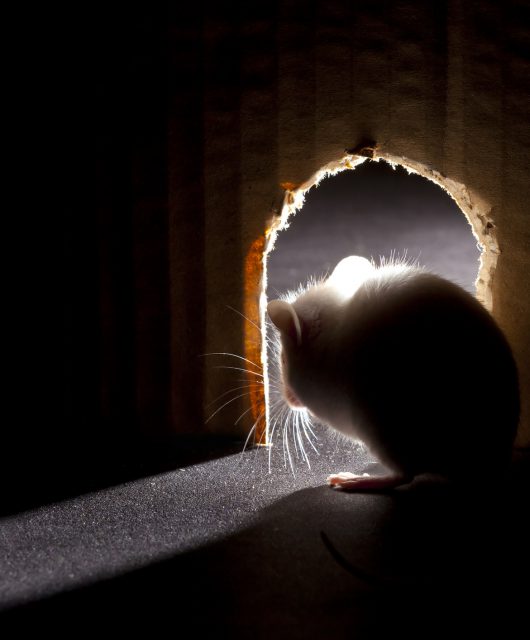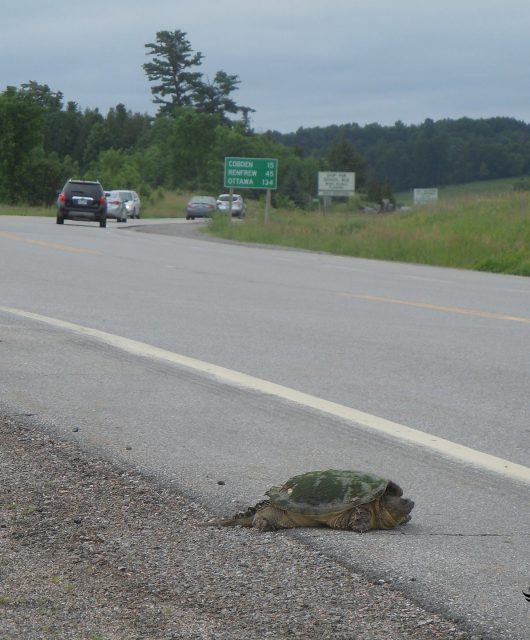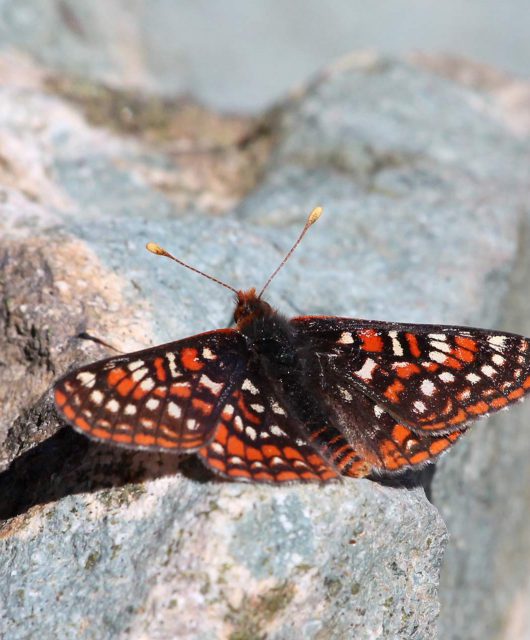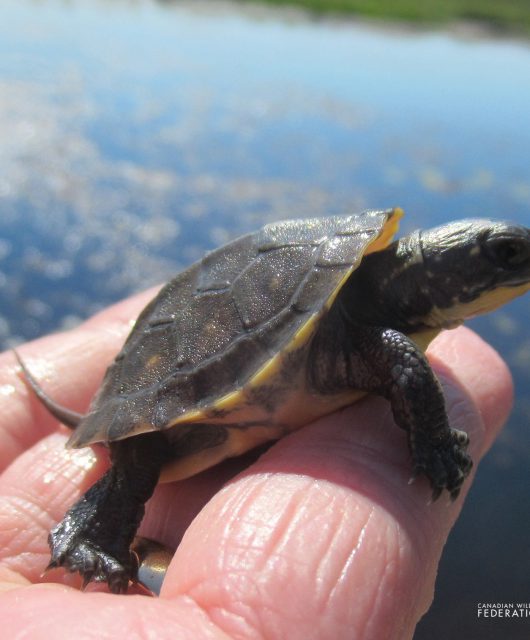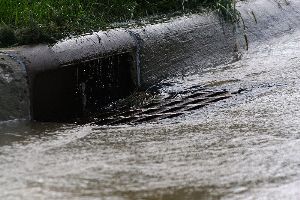
Did you know that urban runoff is the main source of toxic chemicals for urban streams?
With the warm temperatures many of us experienced last week and will experience in the weeks to come, rain and snow melt will travel over many impermeable surfaces before it reaches a local stream, river or lake.
And as this rain and snow melt travels over driveways, roads, rooftops, parking lots, sidewalks, even our lawns, it will pick up an array of pollutants including fuel, oil, road salt, pesticides, fertilizers, pet wastes and more.
In a more natural landscape runoff is slowed down and is filtered by soil and vegetation. It has time and space to seep into the ground where it can replenish groundwater stocks, reach receiving waters gradually and be filtered from pollutants. But with asphalt and concrete dominating the urban landscape, few natural areas remain and instead this pollution cocktail empties into a local water body contaminating the water itself, the fish and other aquatic organisms.
But there are many things we can do to reduce the effects of urban runoff right on our own properties:
- Use a rain barrel to collect water. This water can then be used to water your plants.
- Garden using native plants. These plants are already adapted to our local growing conditions and therefore require less care and water. For help, check out our native plant encyclopedia.
- Create a rain garden – a depression at the base of a slope that has a variety of plants to catch runoff.
- Reduce the amount of chemical pesticides and fertilizers you use; in fact there are many non-chemical solutions for many pest problems.
- Wash your car at a car wash rather than in your driveway. Many carwashes use less water and filters and re-uses water. This prevents grease, contaminants and detergents from entering storm drains.
- Clean up any oil or other fluid leaks from your car with kitty litter.
- Disconnect your down spouts – so rain doesn’t go directly into the sewers and instead has a chance to penetrate into the ground or be managed on your property (ie.with a rain barrel)
- Clean up pet wastes. Bacteria in pet wastes can contaminate water.
Let’s see what we can do to help reduce the impacts from urban runoff this spring!


